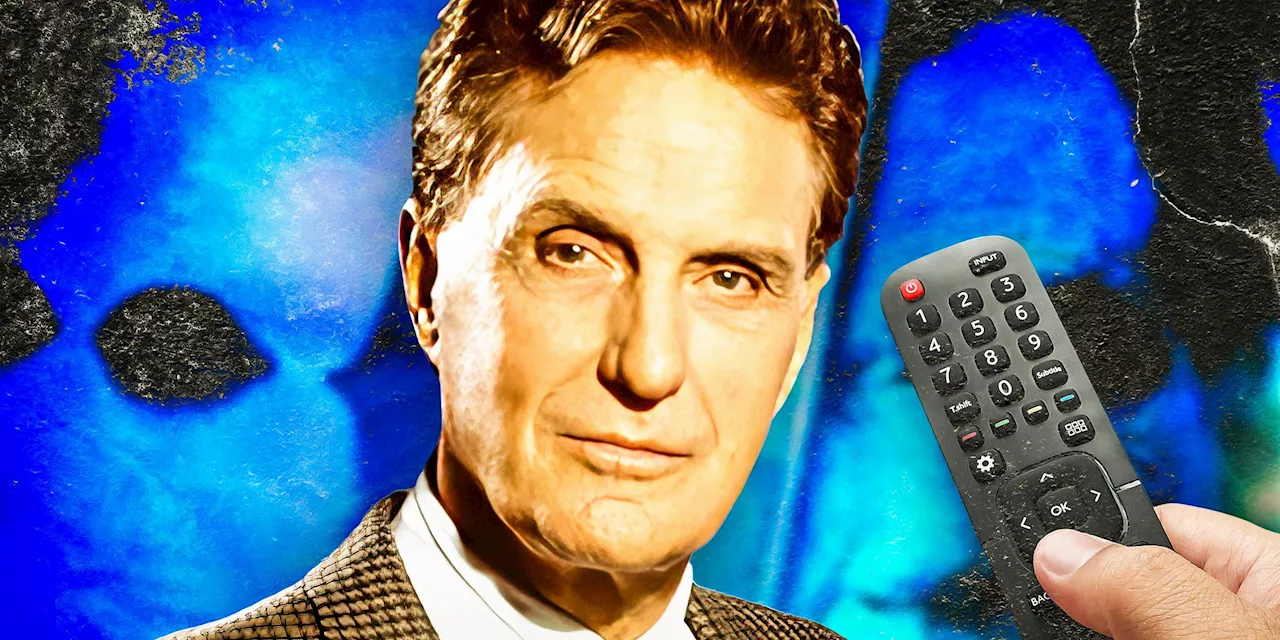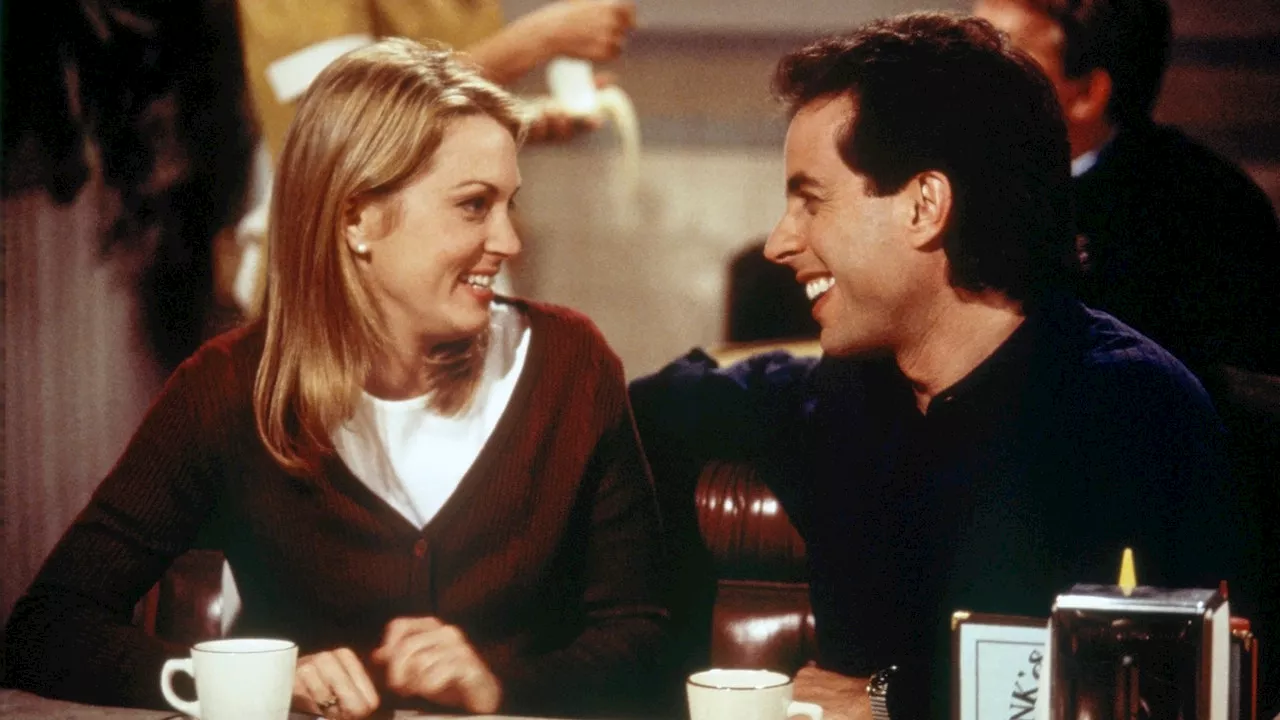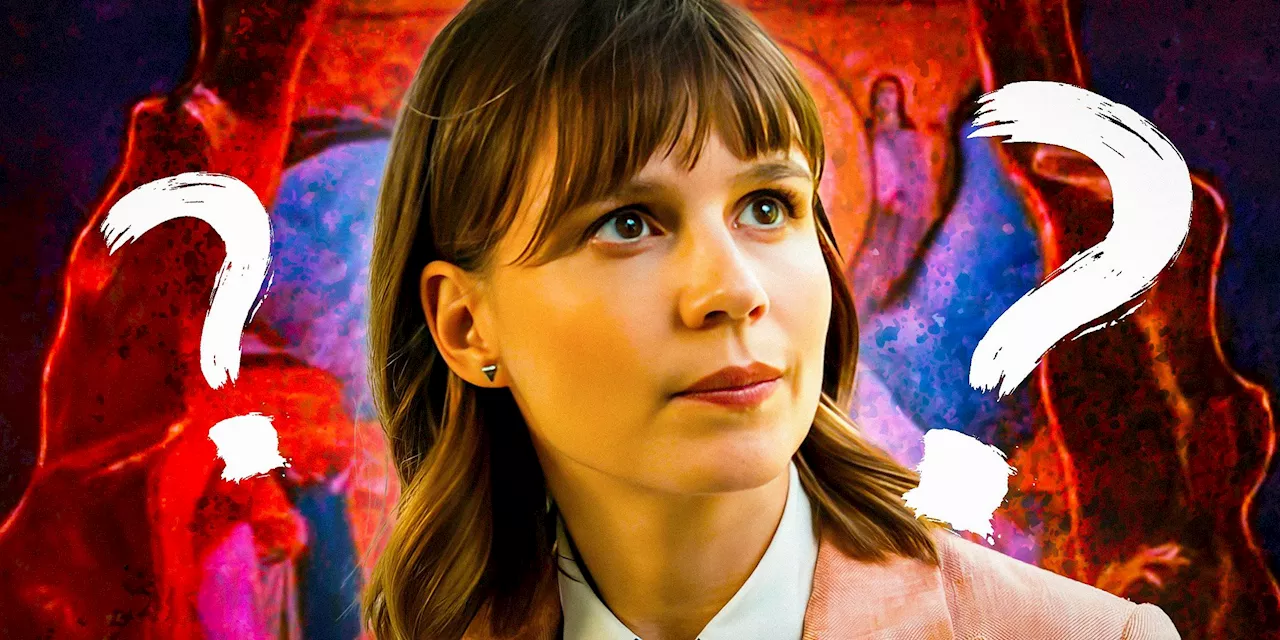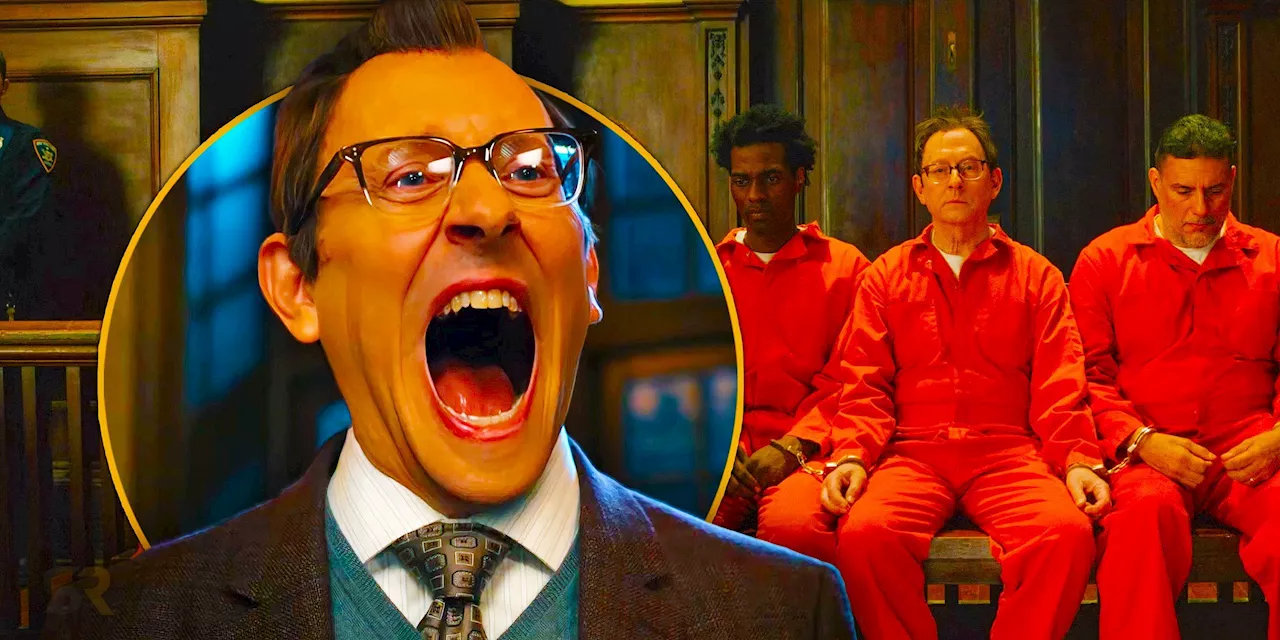Edited X-Files image featuring Gillian Anderson as Dana Scully and David Duchovny as Fox Mulder.
The X-Files could be television's most famous long-running science-fiction series. Supported by the palpable chemistry between Gillian Anderson and David Duchovny as its iconic leads, the Chris Carter show endured far longer than its creator likely could ever have envisioned. A long list of great The X-Files episodes and its reputation as one of the most memorable shows of the 1990s has since spawned spin-off movies and a questionable 2016 revival.
The attempt to combine the extra-terrestrial and the supernatural made for a confusing storyline in the episode. The episode closes without explaining why this space spirit is bent on revenge. Equally confusing is the role that Mulder and Scully play in resolving this mystery. The agents act as bystanders to the chaos that unfolds. The fact that the possessed astronaut happens to be a childhood hero of Mulder’s is the only justification for their involvement.
It didn’t really make sense for Melissa to be Mulder’s soulmate. Neither he nor the audience have any emotional connection to the character, who ends up dead by the end of the episode. As it stands, “The Field Where I Died” offers an interesting and emotional depiction of grief, but it should have used its premise to stress the enduring partnership between the lead characters. Any X-Files viewer would protest that Mulder’s true soulmate is Agent Scully.
As the unofficial conclusion to the Emily saga, “All Souls” put Scully in the spotlight. Anderson’s powerful acting carries this episode, but the show’s sudden turn to religiosity didn’t make sense. It didn’t depict faith particularly well, either. Viewers have rightly criticized the angels’ motivations for killing the four girls, all of whom had disabilities, as the storyline appeared to suggest this was the reason they were chosen to die and return to heaven.
The trope of intelligent technology turning on humankind was popular at the turn of the millennium. The X-Files’ take on the concept is ridden with plotholes. It is never explained how the computer program Maitreya gains self-awareness, nor how she escapes from Phoebe’s computer. No plausible hypothesis is offered for how she inflicts harm on people in the real world, either. Whether this monster is supernatural in origin or purely technological is left up to the audience to decide.
France Dernières Nouvelles, France Actualités
Similar News:Vous pouvez également lire des articles d'actualité similaires à celui-ci que nous avons collectés auprès d'autres sources d'information.
 Unsolved Mysteries Viewing Guide: How Many Episodes There Are & Where To WatchImagery from Unsolved Mysteries
Unsolved Mysteries Viewing Guide: How Many Episodes There Are & Where To WatchImagery from Unsolved Mysteries
Lire la suite »
 “Seinfeld” Episodes from the Point of View of the GirlfriendsBlythe Roberson jokes about how “Seinfeld” would have been an even better show if it were told from the perspective of the women whom Jerry terrorized.
“Seinfeld” Episodes from the Point of View of the GirlfriendsBlythe Roberson jokes about how “Seinfeld” would have been an even better show if it were told from the perspective of the women whom Jerry terrorized.
Lire la suite »
 20 Most Controversial TV Show Episodes Ever AiredDigital destination for sophisticated men & women. Live your best life with expert tips and news on health, food, sex, relationships, fashion and lifestyle.
20 Most Controversial TV Show Episodes Ever AiredDigital destination for sophisticated men & women. Live your best life with expert tips and news on health, food, sex, relationships, fashion and lifestyle.
Lire la suite »
 Star Trek: DS9's 5 Mirror Universe Episodes Ranked Worst To BestMark Donaldson is a writer, podcaster, and film programmer specializing in Star Trek and Doctor Who.
Star Trek: DS9's 5 Mirror Universe Episodes Ranked Worst To BestMark Donaldson is a writer, podcaster, and film programmer specializing in Star Trek and Doctor Who.
Lire la suite »
 10 Burning Questions Evil Season 4's Final Episodes Need To AnswerCustom image of Katja Herbers in Evil
10 Burning Questions Evil Season 4's Final Episodes Need To AnswerCustom image of Katja Herbers in Evil
Lire la suite »
 Evil Season 4: Leland's Arrest & What It Means For The Final Episodes Teased By StarMichael Emerson as Leland screaming in court in Evil season 4 custom image
Evil Season 4: Leland's Arrest & What It Means For The Final Episodes Teased By StarMichael Emerson as Leland screaming in court in Evil season 4 custom image
Lire la suite »
